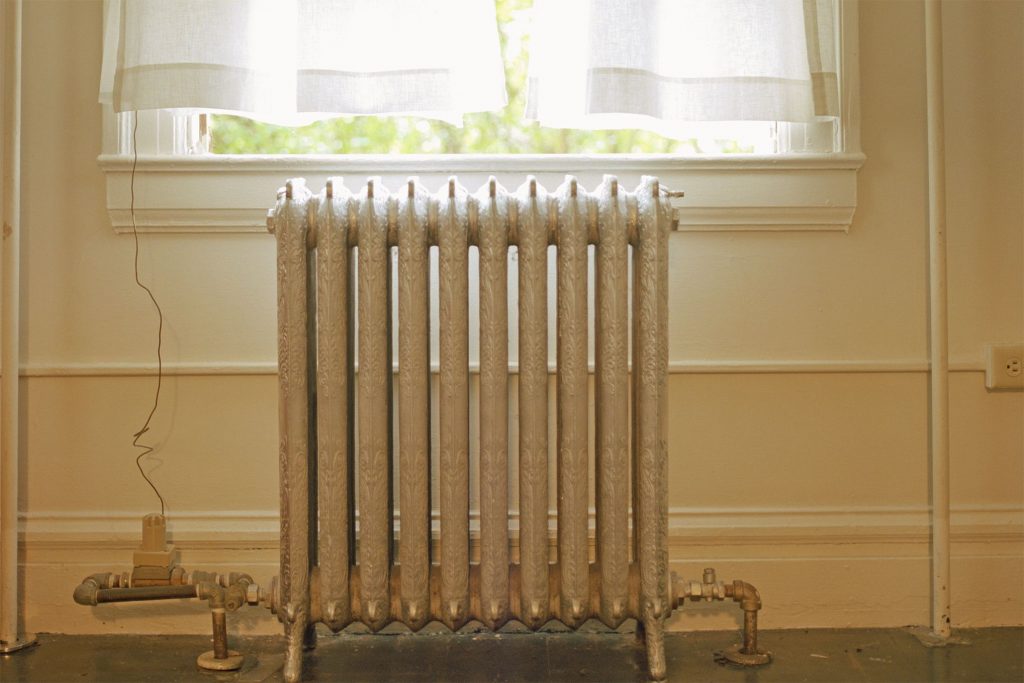When it comes time to replace your home’s furnace, you are sure to explore all of the options and choices. And one of the first in which heat source is better, gas or electric? We will look at some of the pros and cons of both so that you can make a well-informed choice for your household and budget.
A General Overview
Gas and electric furnaces are both considered to be forced air units. When the temperature in your house drops below what you have set on the thermostat, a signal is sent to activate the furnace to add heat to your home. Once the system has fired up and is creating warmed air, the blower moves it through the ductwork in the house.
In a gas furnace, that activation from the thermostat initiates a pilot light to ignite a main burner in the furnace. That gas-fueled burner warms the air that will be used to increase the temperature inside your house. In an electric furnace, there is no pilot light. Instead, in this system, there is a main burner that uses an electrical ignition system to activate the heating of air to warm your home. While the difference we described sounds very minimal, there are some significant differences between a gas and electric furnace that you should carefully consider before making your furnace purchase.
The Pros Of A Gas Furnace
Gas furnaces almost always use natural gas, which is far more cost-effective than electricity. The cost difference in the two utilities is a massive factor for homeowners who are heating a larger home or like to keep their houses few warm in the winter. From a performance perspective, gas also produces more heat than electricity, so you will be able to feel the warmth more rapidly from a gas furnace. Finally, because gas produces more heat than electricity, it is considered the more energy-efficient choice of the two heat sources.
The Pros Of An Electric Furnace
Typically, an electric furnace costs less than a similar gas model. The lower purchase price also carries over into the installation, care, and service for an electric model, making it more desirable for many homeowners. And even more, appreciated is the fact that electric furnaces offer more longevity than the more costly gas models.
The Big Con For A Gas Furnace
The primary concern when using a gas furnace is carbon monoxide. As the gas burns, it produces carbon monoxide, which is fatal if ingested. It displaces the oxygen in the air, and when humans or pets breathe the carbon monoxide-laden air, they suffer from oxygen deprivation and essentially suffocate. For this reason, special care is taken during the installation of a gas furnace to vent the carbon monoxide out of the house. However, leaks can occur. So any home with a gas furnace or gas appliances must have carbon monoxide detectors to warn of a potentially life-threatening leak.
The Counterbalance Con For Electric Furnaces
The operating cost of an electric furnace is its fatal flaw. While the initial installation is cheaper, the operating cost over the furnace’s life is substantially greater than a gas furnace. So many homeowners look to the long-term operating cost as a deciding factor.
Overall, gas heat is the more economical choice for long-term use or in exceptionally cold regions. However, in areas that do not offer natural gas service, electric heat will get the job done, just at a higher price. For a free, no-obligation price quote for a new furnace, call (334) 803-2522. The HVAC experts at Prime HVAC offer exceptional pricing on fully warrantied furnace installations and service.

